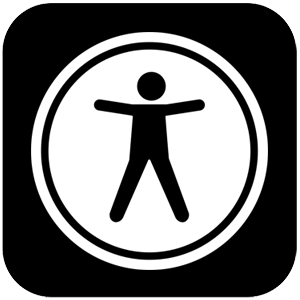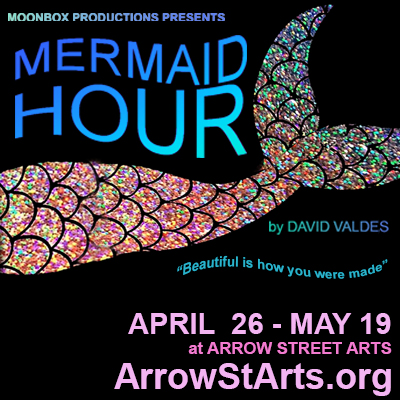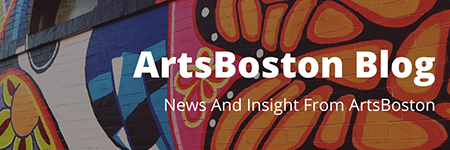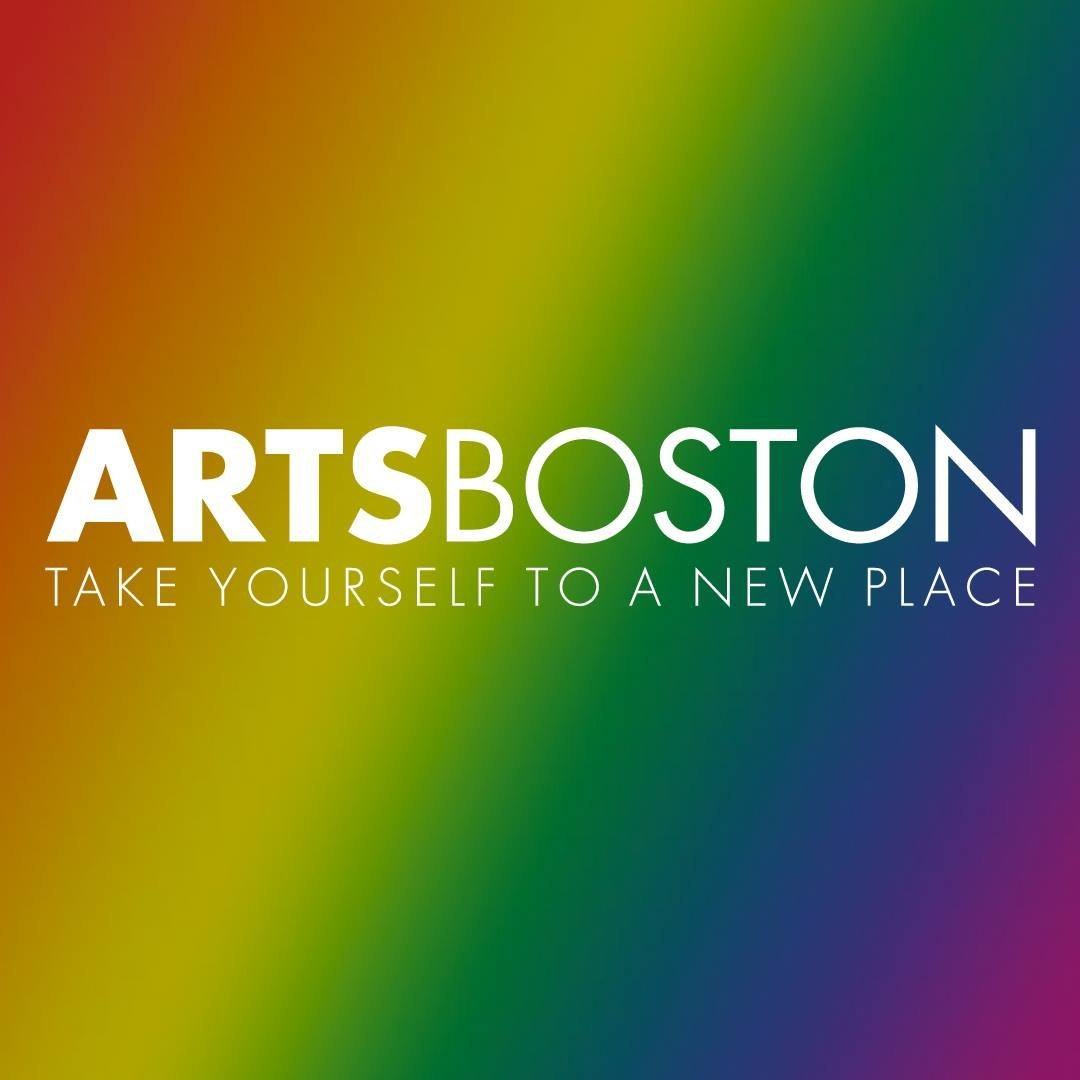The American Revolution ushered in an unprecedented optimism about the abilities of individuals—at least white men—to participate in civic life. Using Enlightenment-inspired rhetoric, Americans in the new nation espoused the belief that almost all such individuals could be made good citizens, and in the first decades of independence they created institutions for people with particular impairments to do this work. This had unanticipated reciprocal effects: As the institutions began to define ... view more »
The American Revolution ushered in an unprecedented optimism about the abilities of individuals—at least white men—to participate in civic life. Using Enlightenment-inspired rhetoric, Americans in the new nation espoused the belief that almost all such individuals could be made good citizens, and in the first decades of independence they created institutions for people with particular impairments to do this work. This had unanticipated reciprocal effects: As the institutions began to define what it meant to be Deaf, blind, or mad in America, they also gave individuals with particular disabilities a stronger sense of shared identity, community, and common experience that, in turn, shaped the very ideas of citizenship and belonging. In this talk, Newhouse Fellow Sari Altschuler will look at the particular case of the Deaf community and its role in determining what it meant to have a voice before the law.
Sari Altschuler is associate professor of English, associate director of the Humanities Center, and founding director of the Health, Humanities, and Society minor at Northeastern University. She is a 2019-2020 Newhouse Center faculty fellow.
View less










